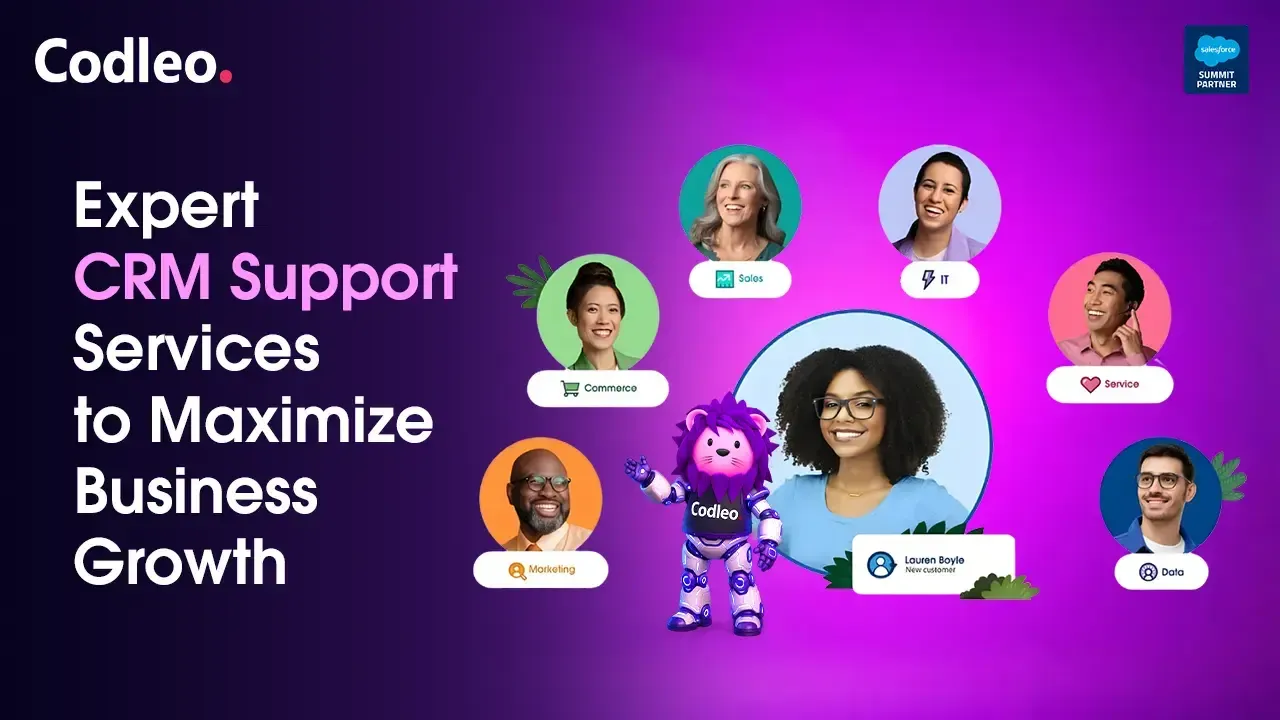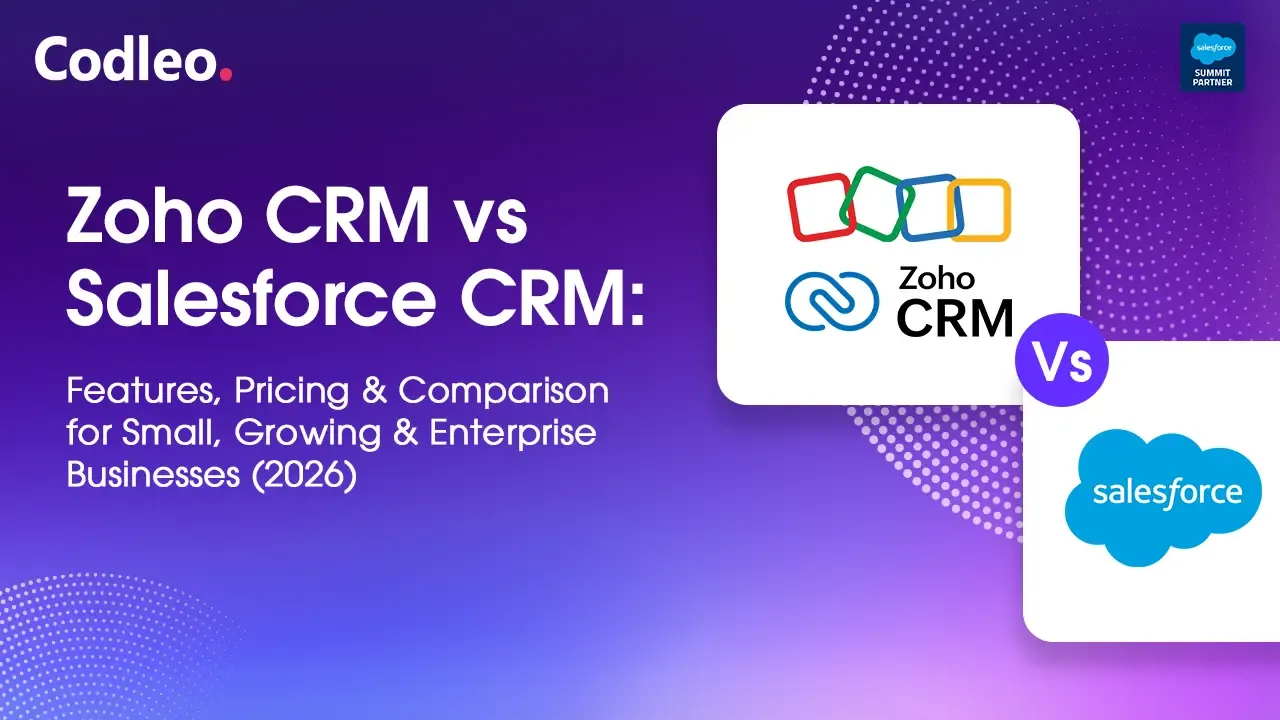Publish date:
Readers of our blogs already know the emphasis we place on accurate and clean data for businesses. We have published a few blogs on the topic in the past, and we do it again today realising the gravity of the matter. For a business, whether it is an artisanal preserves & fruit jams maker in NOIDA, a medium scale hosiery unit in Patiala, or a factory churning out wool yarn in Salem, data received that help in formulating plans & strategies needs to be clean, clean, and clean.
Salesforce is a great tool but its power is enhanced if the quality of data parked in it is of the highest quality. It is important accurate data goes in and is reviewed to ensure that all reports & dashboards reveal insights that are worthy of action. Below we have compiled 4 tips /good practices that all companies and their users must undertake to save themselves a lot of angst.
Good practices for ensuring clean and qualitative data:
-
Regular review of data quality / health. A business that receives a large cache of data from different sources needs to be vigilant daily. They need to review the data received to ensure that dirty data (outdated, inaccurate, etc) is sieved. If this is not done then the impact on the company will be felt in many ways.
-
Validation. The best way to ensure the good health of your data is to ensure that you have proper validation on forms that send information into your Salesforce databases. Make sure that emails contain the proper formatting (xyz@company.com). Ensure that first names, last names, and city names are capitalized. Ensure the phone numbers and addresses are formatted properly. Even if clients send data using another format, make sure systems exist to rectify the data (or errors) right away. Proper validation on input forms ensures that data errors are negated / minimised before it enters databases. As we all know, a stitch in time saves nine. Prevention is always better than cure. Besides upfront validation, it is advised to do regular validation checks for data that may go unnoticed — whether it was entered manually, imported, or integrated from another system.
-
Right tools need to be used. With a large cache of data entering your database from many sources, the right tools as your ally are important. Cleansing of data on excel / spread sheets takes up a lot of time if done manually. This is where specialist tech tools can be used to save time & energy.
-
Education of users with refresher training. Since manual entries by staff are a big part of the problem, training / education for all users is a must. Everyone should know the importance of clean, accurate, and up-to-date data. Therefore the preventive steps that they need to follow should be imparted. Making data quality training a priority has many benefits such as saving time, money, and energy.
Be vigilant and ensure that Salesforce data is cleaned by a dedicated person / team to reap the fruits for times to come.















